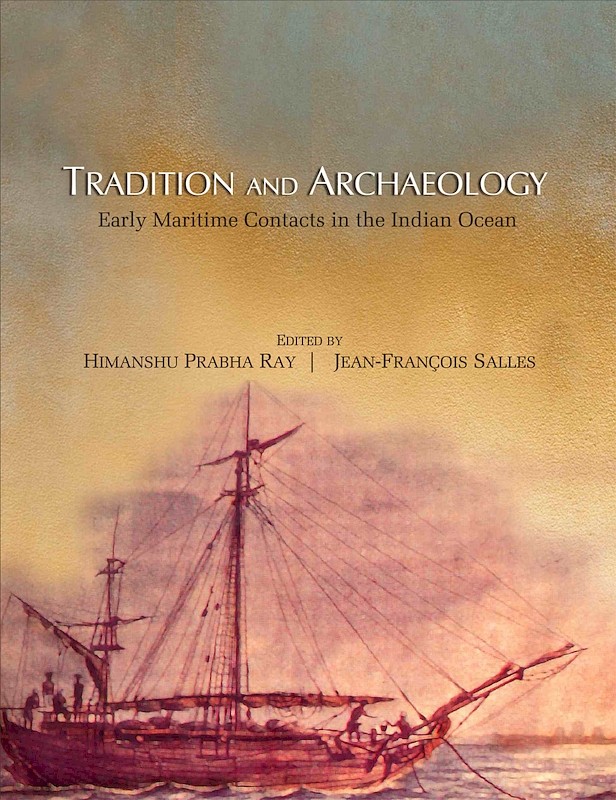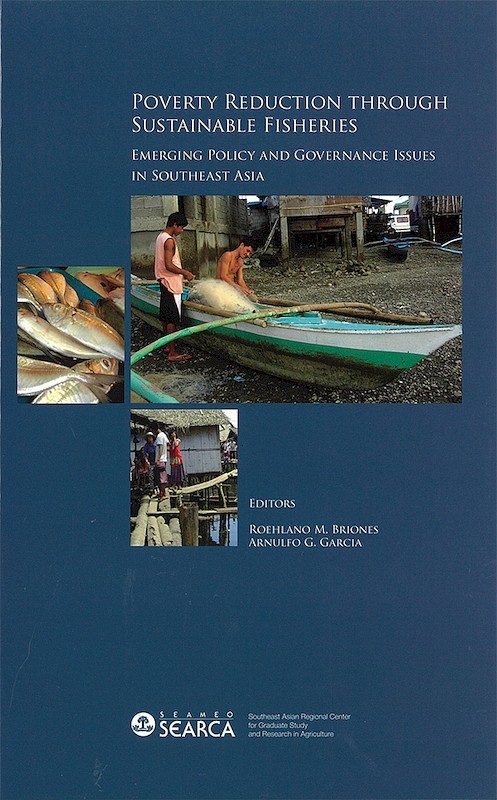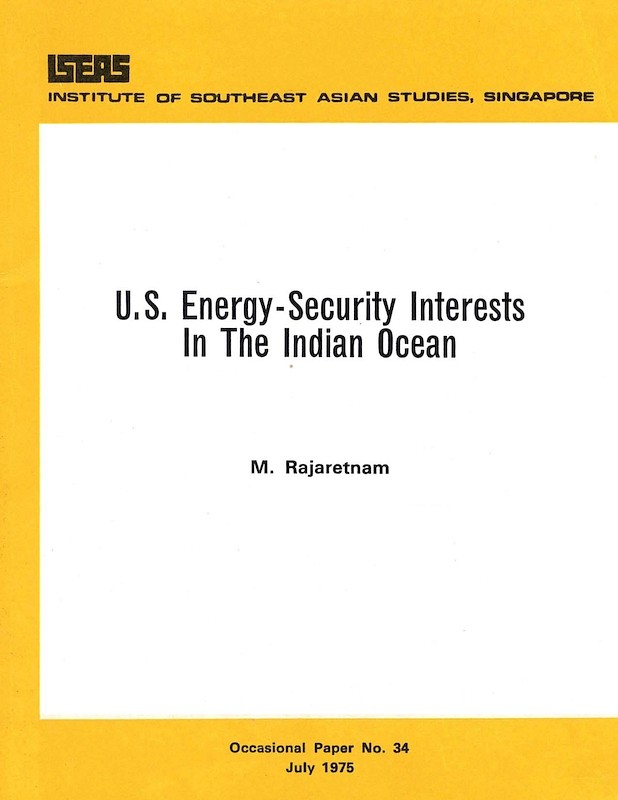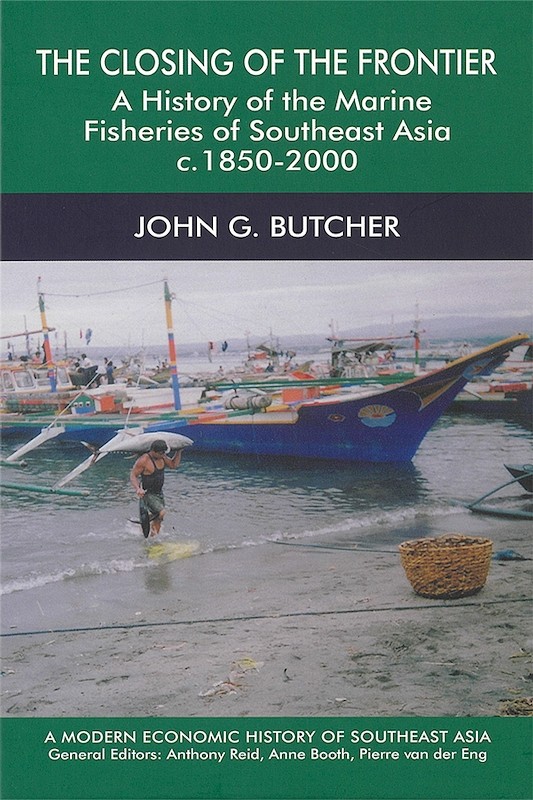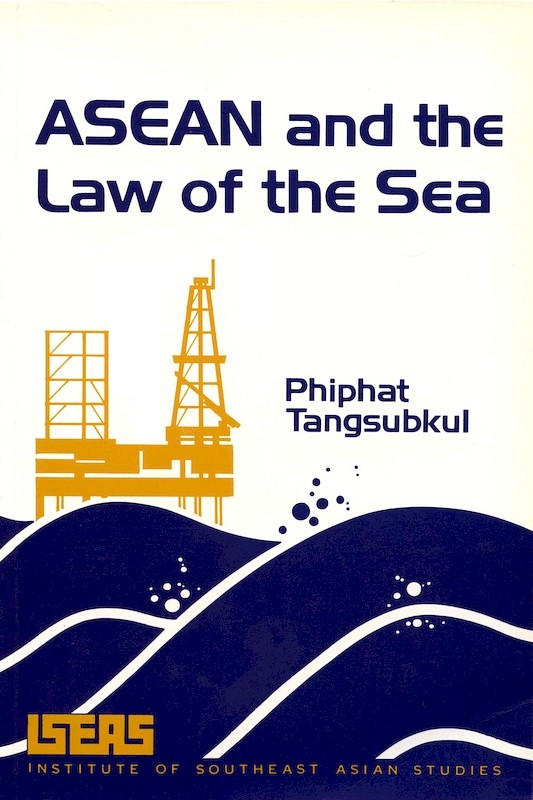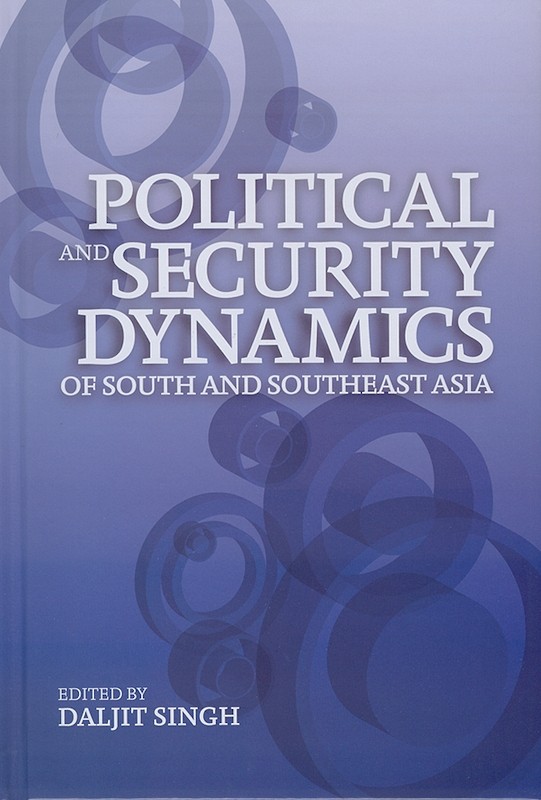Fisheries Exploitation in the Indian Ocean: Threats and Opportunities
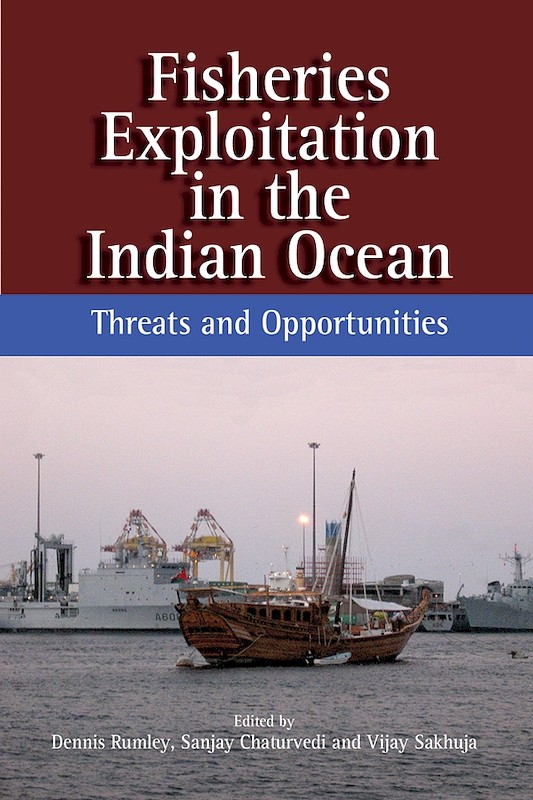
Reviews
It is well known that the future of the world's fisheries is under threat from ocean warming, over-fishing and other anthropogenic impacts. Fish are an important source of protein for the world's population and a valuable source of export earnings for many countries. Most fish species are over exploited -- the familiar tale of 'too many boats chasing too few fish'. The scarcity of fish has led to increased conflicts between small scale and large scale fishers and also, in some cases, between the former groups and recreational fishers. Fisheries have been described as one of the last environmental casus belli. Even with the imposition of 200-mile zones in the 1980s, government and regional fisheries managers have struggled to ensure resources are managed sustainably. Nowhere is this truer than in the Indian Ocean which covers a vast area of 75 million square kilometres, stretching from Africa in the west, northward to the Indian subcontinent, eastward to Indochina and Australia and southward to Antarctica. The ambitious aim of Fisheries Exploitation in the Indian Ocean: Threats and Opportunities is to facilitate a paradigm shift in the ideas and policies of the key stakeholders to assist with the development of integrated regional management policies. A key message of the first section on fisheries policy frameworks is that current governance arrangements that are dependent on state and local enforcement capacity are often inadequate. Some states such as, for example, Indonesia, do not have the resources to adequately police their exclusive economic zones and combat illegal, unreported and unregulated fishing. In an insightful chapter Rumley outlines a basic typology which conceptualizes fisheries conflict as resulting from complex interactions between the marine environment, international marine resources management regimes, government agencies, local community fisheries and non-state actors. He advocates a new policy framework built on the three pillars of reconfiguring regulatory authority, widening the outlook of fishing bureaucracies and conserving marine species" (International Journal of Maritime History).
About the publication
Institute of Southeast Asian Studies, Singapore, and Indian Ocean Research Group (IORG), co-publication. ISEAS has worldwide distribution rights.
Co-publication: Institute of Southeast Asian Studies
Institute of Southeast Asian Studies
Contents
-
Fisheries Exploitation in the Indian Ocean: Threats and Opportunities
[Whole Publication, ISBN: 9789814279406] -
Prelim pages
-
1. Fisheries Exploitation in the Indian Ocean Region, by Dennis Rumley, Sanjay Chaturvedi, Vijay Sakhuja, authors
- PART I: FISHERIES POLICY FRAMEWORKS
-
2. Environmental Security and Biodiversity: Critical Policy Themes and Issues, by Swaran Singh, author
-
3. Overview of Institutional Arrangements for Fisheries and Marine Biodiversity in the Indian Ocean, by William R Edeson, author
-
4. A Policy Framework for Fisheries Conflicts in the Indian Ocean, by Dennis Rumley, author
-
5. The Indian Ocean Fishery: Resources and Exploitation Within and Outside National Jurisdictional Limits, by Vivian Louis Forbes, author
-
6. Competing Claims to Maritime Jurisdiction in the Indian Ocean: Implications for Regional Marine Biodiversity and Fisheries
- PART II: FISHERIES RESOURCE EXPLOITATION
-
7. Indigenous Fishing in the Kimberley Region of Western Australia: A Case Study of Highly Regulated Fisheries in Coastal Communities, by Hilary Rumley, author
-
8. The (In)Security of Fishermen in South Asia, by Adluri Subramanyam Raju, author
-
9. Fisheries in the French Indian Ocean Territories, by Christian Bouchard, author
-
10. Mauritius: A Seafood Hub?, by Jean Houbert, author
-
11. The Impact of Ship Ballast on the Aquatic-based Food Supply Chain, by Vijay Sakhuja, author
- PART III: FISHERIES POLICY DIRECTIONS
-
12. Geopolitics of Biological Prospecting: Emerging Perspectives on Antarctica and the Southern [Indian] Ocean, by Sanjay Chaturvedi, author
-
13. Issues in Policy and Law in the Conservation of Marine Biodiversity: A Malaysian Case Study, by Mohd Nizam Basiron, author
-
14. Regional Cooperation: A Case Study of the Western Indian Ocean Tuna Fisheries, by Jane Mbendo, Martin Tsamenyi, authors
-
15. Regulatory and Market-based Instruments in the Governance of Fisheries and Marine Protected Areas in the Indian Ocean Region: In Search of Cooperative Governance, by Timothy Doyle, Marcus Haward, authors
-
16. The Future for Indian Ocean Fisheries, by Sanjay Chaturvedi, Vijay Sakhuja, Dennis Rumley, authors
-
Index

